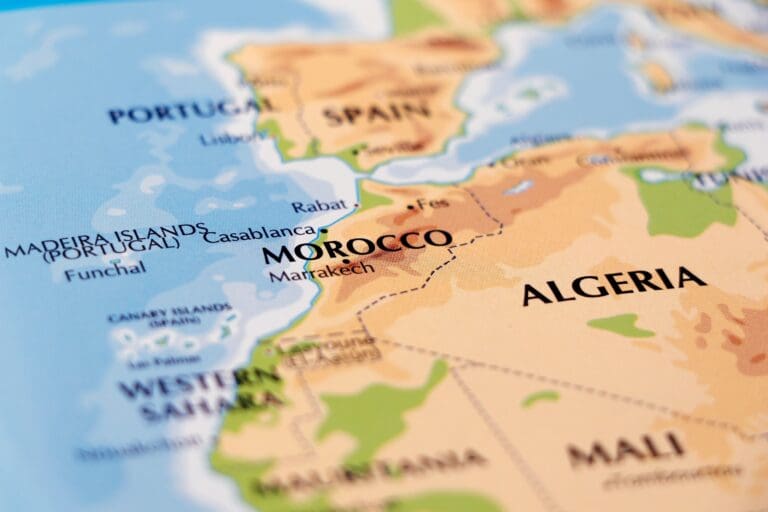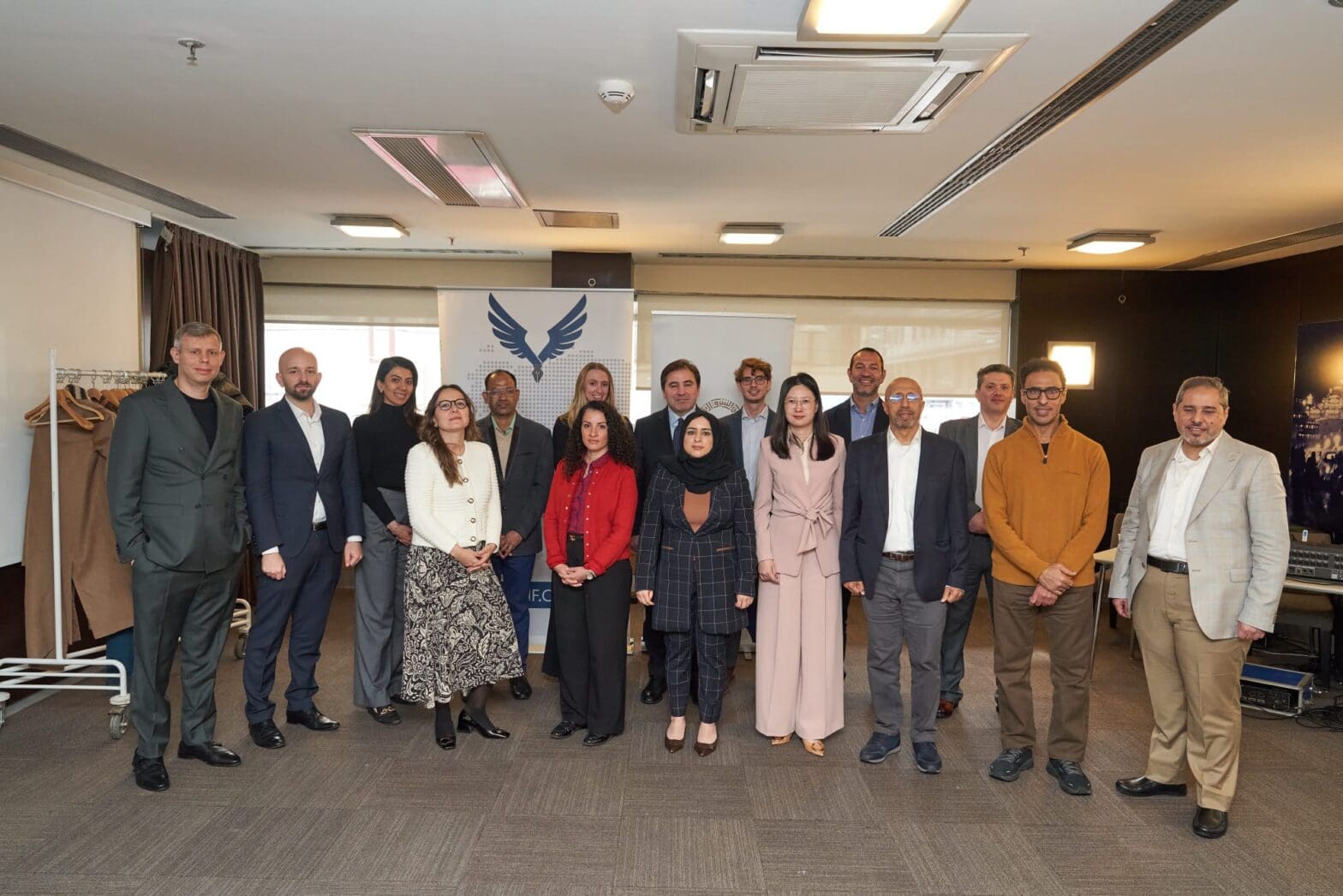
Toward a New Discourse of Global Connectivity:
The Gulf’s Ambitions in Strategic Corridors and Partnerships
Event Report, August 2025
Executive Summary
This report examines the rising strategic significance of economic corridors, with a particular focus on the Gulf region’s growing role in shaping their development. In today’s increasingly multipolar world, corridors such as the India-Middle East-Europe Economic Corridor (IMEC), the Iraq Development Road Corridor (IDRC), and China’s Belt and Road Initiative (BRI) function not only as trade routes but as instruments of geopolitical influence, development finance, and regional integration. For Gulf states, participation in these projects presents an opportunity to diversify their economies, expand regional connectivity, and strengthen global partnerships—provided they adopt a deliberate and coordinated approach.
The report identifies three core policy pillars critical to maximizing the long-term benefits of corridor engagement: geopolitical agility, strategic financing, and inclusive economic development.
First, Gulf states should pursue a multi-corridor strategy that avoids zero-sum alignments and promotes regional cooperation. Non-alignment—anchored in flexibility and pragmatism—enables the Gulf to maintain open partnerships with all major powers. At the same time, the report advocates for a formalized “GCC+” dialogue platform to coordinate corridor development with key partners like Turkey, Egypt, and India, as well as trilateral mechanisms involving the EU and India. Corridors should also be leveraged to support regional diplomacy, not just commerce.
Second, the report emphasizes the strategic deployment of sovereign wealth funds (SWFs) to finance infrastructure, energy connectivity, and digital trade. This approach would reinforce Gulf-led development priorities while ensuring financial sustainability. The report calls for the appointment of special envoys to manage financial coordination with multilateral institutions, and for comprehensive feasibility studies to evaluate corridor returns and risks. It also stresses the need to attract private sector investment through regulatory transparency and public-private partnership (PPP) incentives.
Third, to ensure corridors drive inclusive economic growth, Gulf policymakers should expand free trade agreements to cover digital and infrastructure integration, support local job creation, and embed technology transfer agreements into corridor planning. These measures would localize the benefits of corridor development and reduce overreliance on external actors.
Ultimately, the Gulf’s corridor strategy must be rooted in long-term planning, institutional coordination, and economic sovereignty. If implemented with foresight and cooperation, economic corridors can become a cornerstone of Gulf-led regional stability, economic diversification, and international influence.






